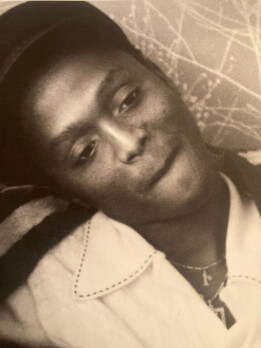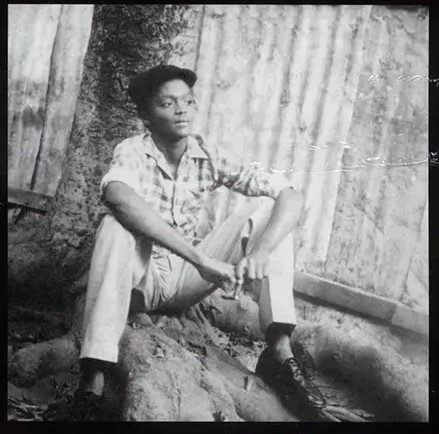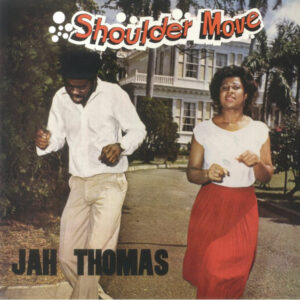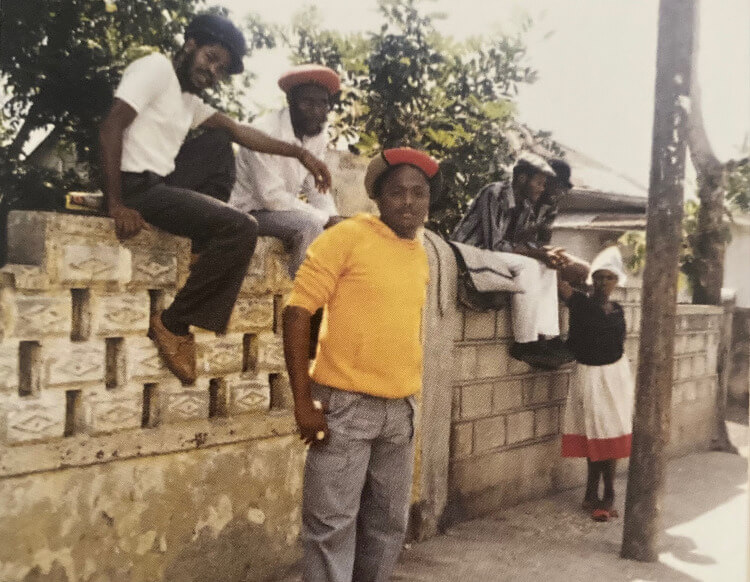Despite not enjoying live performances with sound systems, Triston Palmer became a leading voice in 1980s dancehall. “I was mostly a recording artist, rarely performing live with certain sounds,” he recalled.
His hit “Entertainment,” produced by Jah Thomas, became an iconic anthem for dancehall, addressing issues like violence and disunity in dance spaces with lyrics like, “No bother fight inna the dance, we come fe enjoy we self.”
The track’s infectious rhythm, rooted in a Roots Radics-style rendition of Don Drummond Jr’s “Heavenless,” attracted fans with its upbeat vibe and robust horns, making it ideal for DJs and singers.

Triston’s career began alongside big names like Little John and Sugar Minott, with Minott offering him his first opportunities as part of the Black Roots foundation. At just 10 years old, Triston joined Sugar, Tony Tuff, and Derrick “Bubbles” Howard.
Minott believed in the Dancehall as a training ground, taking his young singers to perform live for practice. “Nuff dance,” Triston said, recalling how Sugar ensured he and Little John got their grounding in the scene.
Although in high demand by producers, Triston wanted control over his music early on. He co-founded Black Solidarity with Ossie Thomas, releasing their first track, “Spliff Tail,” which topped the Jamaican charts. Subsequent hits like “I’m Ready,” “A Class Girl,” and “What a Bubbling” followed, solidifying Triston’s reputation.
Soon, Jah Thomas, a well-known producer and DJ, stepped in. Hearing Triston’s “A Class Girl” while in England, Thomas immediately took him to the studio upon his return to Jamaica.
Their collaboration resulted in the dancehall hit “Entertainment,” inspired by an incident where rude boys disrupted a friend’s dance. Thomas wanted a song to resonate with dancehall fans, and “Entertainment” did just that. Thomas took it to Greensleeves Records, which then released it as a 12-inch single. This was followed by another success, “Joker Smoker,” which humorously criticized people who borrowed and didn’t return items.

Together, the unlikely duo of young Triston and the towering, charismatic Thomas produced classic tracks like “Miserable Woman,” “Time So Hard,” and “Reggae Music Taking Over.” When Thomas moved to New York, Triston continued with producers like Linval Thompson and George Phang but remained loyal to Black Solidarity.
By the mid-1980s, Black Solidarity was behind hits like Ashanti Waugh’s “Crime Act” and Early B’s “Ghostbuster.” However, Triston’s style was less suited to the emerging digital sound, and after the “Sleng Teng” shift, he moved toward production.
In 1995, he released “Three against War” with Dennis Brown and Beenie Man. Later, he launched Start Creation Music studio, collaborated with artists like Ras Goudie, and self-produced the 1998 album “Born Naked.” He also partnered with Easy Star Records for “Two Roads,” an album featuring 1980s icons like Sly and Robbie and Roots Radics.
-
 Jah Thomas – Shoulder Move19,00€
Jah Thomas – Shoulder Move19,00€
Source and cover image: The Rise of Jamaican Dancehall Culture by Beth Lesser

